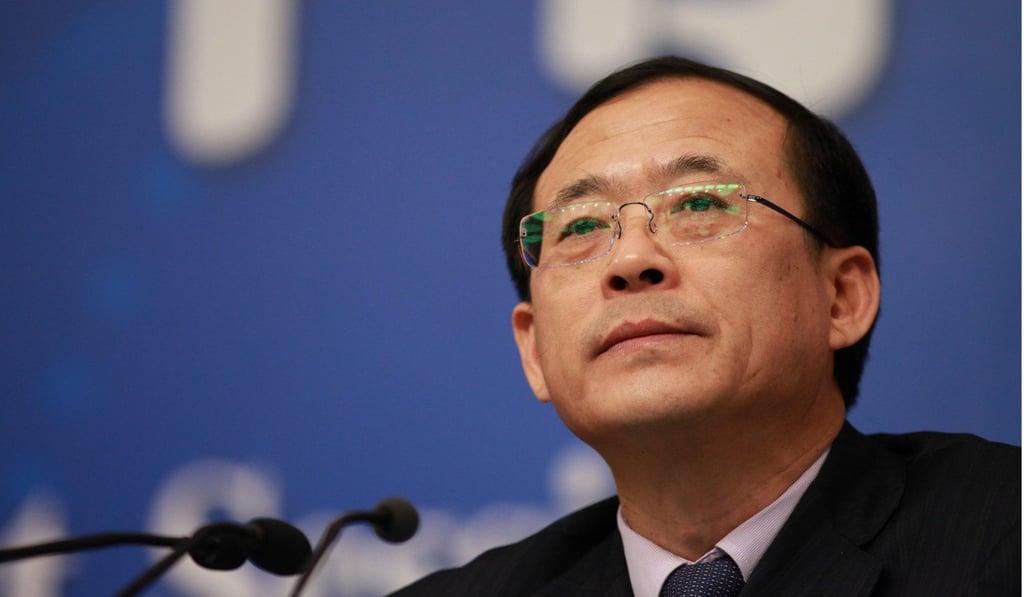China’s new securities regulator must implement wide-ranging reforms to revive flagging market fortunes
- New CSRC chief Yi Huiman faces the uphill task of reviving confidence and installing reforms in world’s No 3 stock market
- One of his first tests will be to successfully launch the new tech board in Shanghai announced by President Xi Jinping last year

The new head of China’s securities regulator has the unenviable task of overseeing a stock market that is in dire need of reforms as it struggles to claw its way out of its worst slump in a decade.
The role of Yi Huiman, the former chairman of Industrial and Commercial Bank of China, is by no means going to be easy, according to analysts who say that he will need to introduce wide-ranging reforms, such as encourage listings of home-grown hi-tech companies, relax restrictions on derivatives and increase the representation of Chinese stocks in global indices through further opening up.
Yi, 54, replaces Liu Shiyu, who took the post in February 2016 to deal with the aftermath of a 2015 stock turmoil that wiped out around US$5 trillion in market capitalisation.
Liu successfully stabilised the world’s most volatile emerging market by bringing price swings to record low levels. But that came at the cost of slowing down market reforms and innovation. During his stint, a high-profile scheme to allow overseas listed mainland companies to float Chinese depositary receipts was shelved and market liquidity fell significantly because of excessive scrutiny. China also ceded the title of the world’s No 2 stock market to Japan and the benchmark Shanghai Composite Index slid into bear market territory.

“Liu did not do much in terms of market reform and innovation as he’s a relatively conservative character,” said Dai Ming, a Shanghai-based fund manager at Hengsheng Asset Investment. “So Yi will have to be more open-minded and accommodative in further opening up China’s markets. On top of that, he will also need to heed instructions from the top to make stocks move up.”
The first test for Yi is to successfully launch the stand-alone innovative technology board in Shanghai, which was announced by President Xi Jinping at the China International Import Expo in November to compete for listings with exchanges in Hong Kong and New York.
